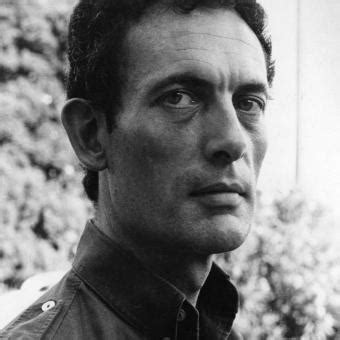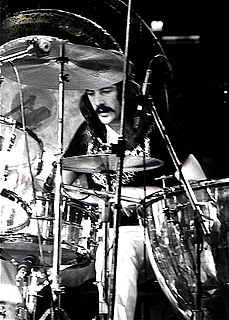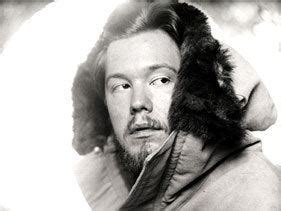A Quote by Rachel Sklar
Less than two weeks before my 34th birthday, I bought pots. Most people were amazed that I did not previously own pots, but that was before I explained that I had never used my oven, and used my stovetop for my dishrack.
Related Quotes
In looking at these pots at the Field Museum, Alix [MacKenzie] and I both came to a conclusion individually but also collectively that the pots that really interested us were the pots that people had used in their everyday life, and we began to think - I mean, whether it was ancient Greece or Africa or Europe or wherever, the pots that people had used in their homes were the ones that excited us.
We never had a catalogue; we never said we were going to duplicate these pots this year and next year and the year after that and so forth. We did make many pots which were repeated, but we allowed them to change and to grow as we changed and grew, and I think that was the big difference. And that's all right; we were working for ourselves. We didn't have anybody we had to pay.
I think back to some of the pots we made when we first started our pottery, and they were pretty awful pots. We thought at the time they were good; they were the best we could make, but our thinking was so elemental that the pots had that quality also, and so they don't have a richness about them which I look for in my work today. Whether I achieve it all the time, that's another question, because I don't think a person can produce at top level 100 percent of the time.
If a pot can multiply. One day Nasrudin lent his cooking pots to a neighbour, who was giving a feast. The neighbour returned them, together with one extra one – a very tiny pot. 'What is this?' asked Nasrudin. 'According to law, I have given you the offspring of your property which was born when the pots were in my care,' said the joker. Shortly afterwards Nasrudin borrowed his neighbour's pots, but did not return them. The man came round to get them back. 'Alas!' said Nasrudin, 'they are dead. We have established, have we not, that pots are mortal?'.
I was composing before I realised I was a composer. It came more or less naturally. There were a couple of old ladies lived next door to me, and I frequented their house more than I did my own, because it had all those marvellous things in that that old ladies do have. And they had a piano, and I used to play around with that; they showed me how to read music and I used to play to them.
I'm striving to make things which are the most exciting things I can make that will fit in people's homes. And in that respect, working on the wheel is economically about the only answer I know, because one can, as Leach said, make 50 pots in a day. You can make 100 pots in a day. A really good potter can make 400 pots in a day.
I've wanted to be a drummer since I was about five years old. I used to play on a bath salt container with wires on the bottom, and on a round coffee tin with a loose wire fixed to it to give a snare drum effect. Plus there were always my Mum's pots and pans. When I was ten, my Mum bought me a snare drum. My Dad bought me my first full drum kit when I was 15. It was almost prehistoric. Most of it was rust.
Looking back on it now, I understand why that was not possible [to express ourselves], because the pottery employed a dozen people, not all of whom are making pots. And these people had families, children, and they had to have a wage that would allow them to raise their family and they had to get a paycheck every Friday afternoon. So if we had not made pots that would sell it, would not have been possible for these people to be employed.






























